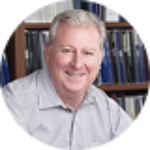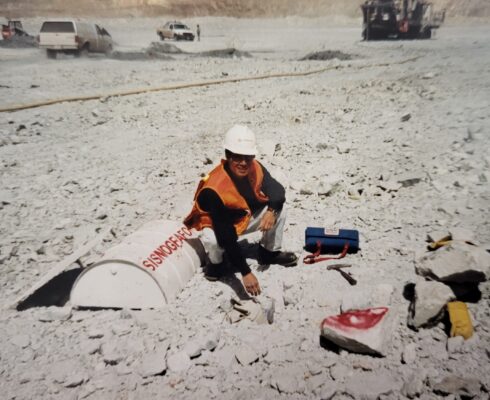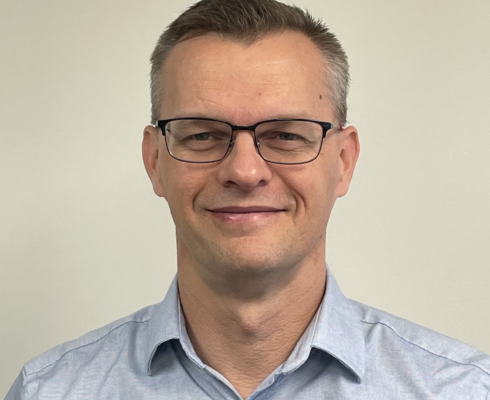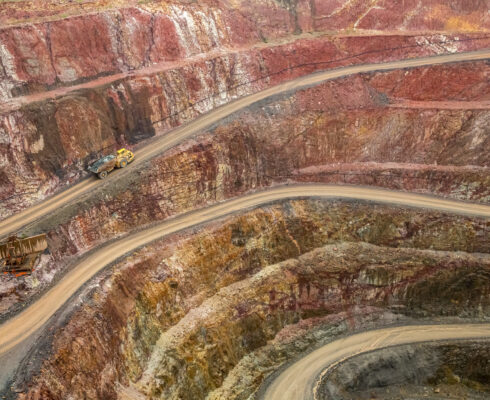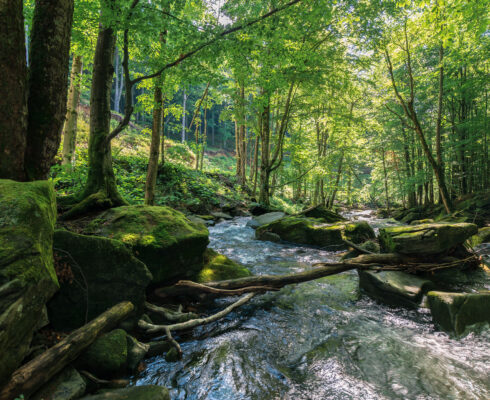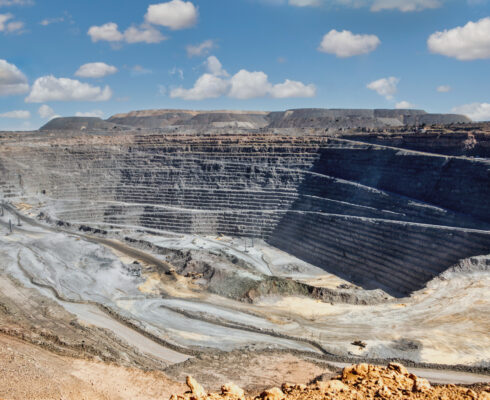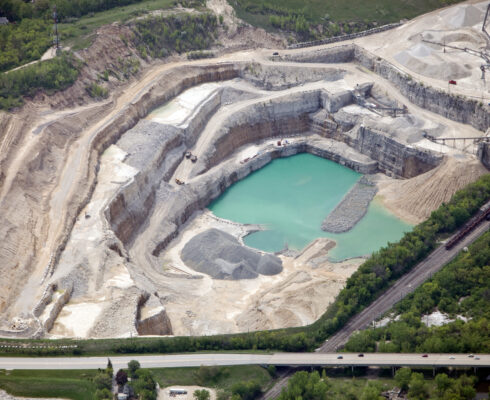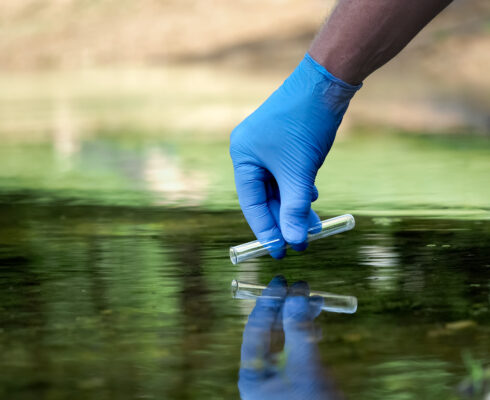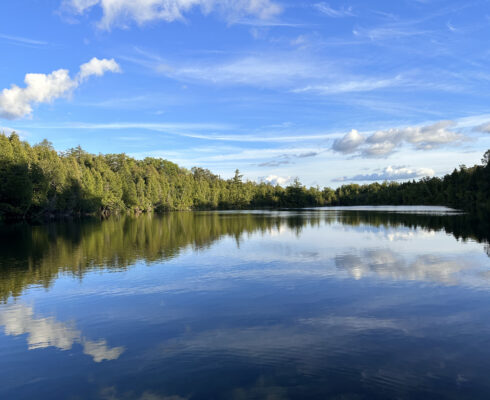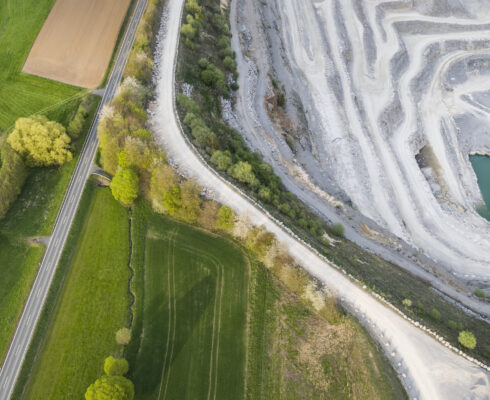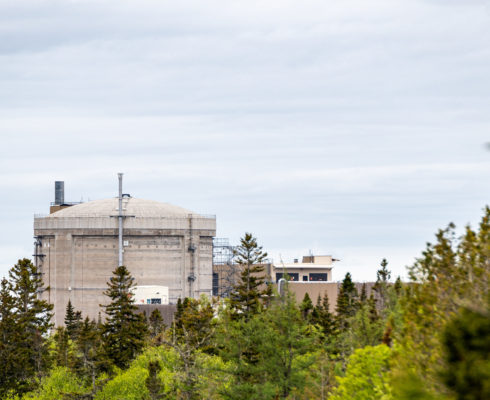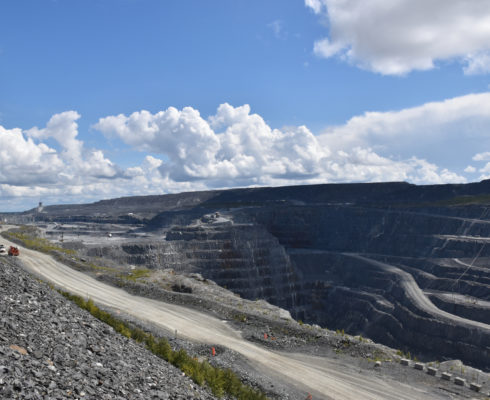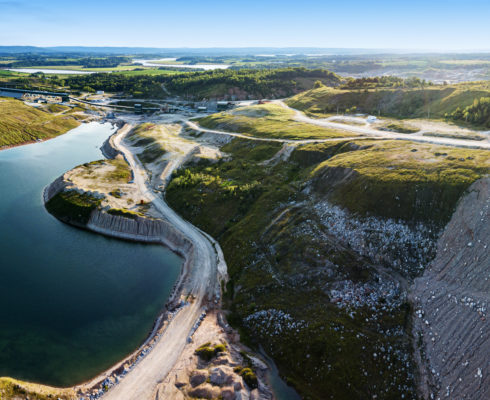Bruce Rodgers and Brian Fraser met at Beak International, a company started by Thomas Beak in 1955 as one of the first environmental consulting firms in Canada.
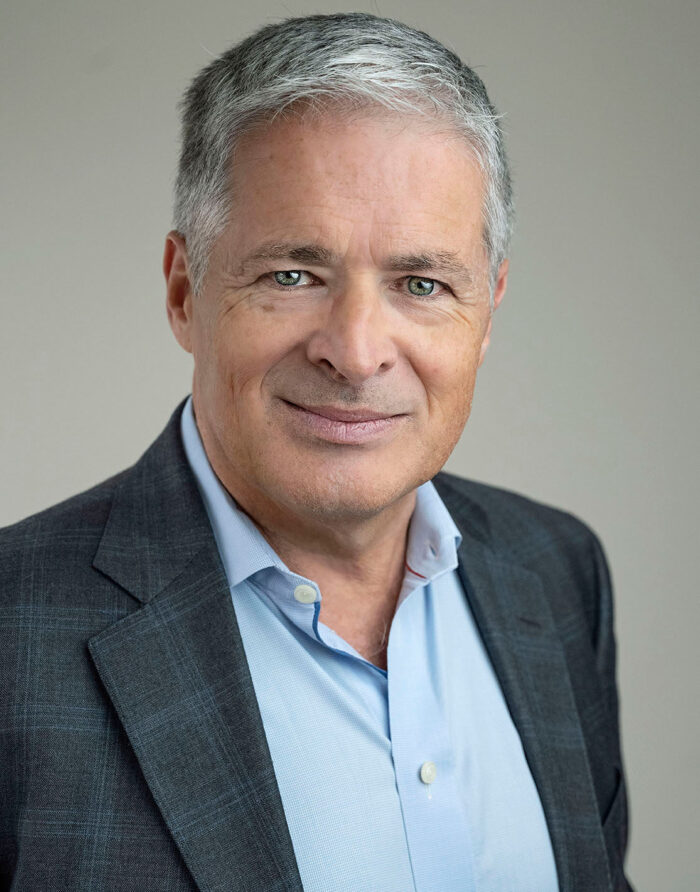 Bruce Rodgers, Senior Consultant and former CEO
Bruce Rodgers, Senior Consultant and former CEO
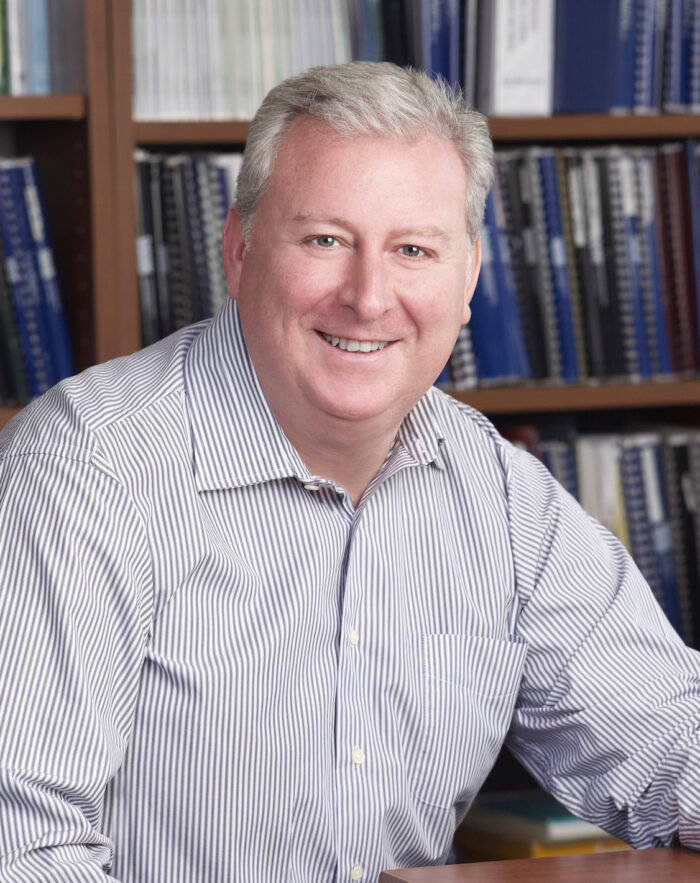 Brian Fraser, Principal and Senior Consultant
Brian Fraser, Principal and Senior Consultant
In 2002, Beak was sold to a large engineering firm. About 18 months later, 14 of the employees decided to leave and form their own company that would focus on what they had been known for at Beak – building relationships that would help clients succeed. The company they formed was Ecometrix. Two of the original partners were Bruce Rodgers, our Senior Consultant and former CEO, and Brian Fraser, Principal and Senior Consultant.
We caught up with Bruce and Brian to get their thoughts on how building a culture that focuses on client success has made Ecometrix unique.
Can you tell us how your focus on applying your professional expertise to helping clients solve their problems evolved and enabled the company to grow over 20 years?
BRIAN: When we began Ecometrix, I viewed professional success differently than I do today. I think originally, I was very focused on projects. Now my professional fulfillment is very much tied to the success of the company and helping other staff to find success.
BRUCE: At the start of my career, I was a subject matter expert in the field of water and environmental engineering. I worked on projects to help my clients succeed. Over time, I shifted my focus towards professional development and mentorship, realizing that we could achieve more as a team. As the team grew, I emphasized leadership and created a Leadership Team, which eventually led to my transition to the role of CEO. My career has evolved significantly over the past 20 years, from technical expertise to fostering growth in others and leading an organization committed to innovation and continuous improvement.
My career has evolved significantly over the past 20 years, from technical expertise to fostering growth in others and leading an organization committed to innovation and continuous improvement.
You’ve built a culture founded on providing successful outcomes for clients. How have you maintained that focus as the company has grown?
BRUCE: That’s an important question. As we grow, new employees bring new perspectives and expertise. This represents both an opportunity and a challenge. It’s an opportunity because new perspectives and expertise enrich a culture, challenge norms, and inspire innovation. It’s a challenge because we have to integrate those new perspectives and expertise into our existing culture and processes. This requires careful management to ensure the new ideas are harmoniously blended.
BRIAN: To add to that, our recruiting philosophy is generally not around hiring people just to fill specific roles because we’ve got a project need. Obviously, that can happen, but it’s about trying to find the best people – smart and passionate people that will fit the overall culture of the company and our longer-term picture.
Environmental Intelligence™ is a vital aspect of how Ecometrix operates. What’s the story behind that and how has it shaped project processes and outcomes?
BRUCE: Universities teach us how to apply ourselves to solve problems. Experience teaches us the nature of the problem, which approach to take, and how to best communicate your message. Together, knowledge and experience create the underpinnings of Environmental Intelligence™ and its four principles of TASC (Thought, Application, Solution, and Communication).
A project’s success depends on how we apply all of those principles, not just one. The perfect “Application” is meaningless if the project was not fully “Thought” through, and most projects get derailed because of poor “Communication” even if they have the perfect “Solution”.
BRIAN: Both Environmental Intelligence™ and TASC came about after a lot of client conversations and research, and conducting company-wide workshops focusing on identifying our values and objectives as a company. We talked a lot about why we do what we do, and that’s reflected in all of our communication.
The people we are recruiting come out of programs that stay up to date with the latest and greatest research and questions that are relevant to our clients.
As research advances and the industry evolves, how does Ecometrix continue to stay ahead of those changes?
BRIAN: It’s all about people. We have, and continue to pursue, the best people – those with graduate degrees, masters, and PhDs. The people we are recruiting come out of programs that stay up to date with the latest and greatest research and questions that are relevant to our clients.
Internally, that drives innovation, and, on the software development side, companies don’t typically do what we do. Our software solutions like MineMod or IMPACT show clients, regulators, and potential employees that we’re leading in those areas and not relying on others to provide the tools we use. We're developing them because we can.
BRUCE: To build on Brian’s point, to stay ahead we need to attract the very best and smartest people. So, we need to provide opportunities to move from subject matter expert to project manager to client manager to discipline leader, and then ultimately into the business side of running a company. The leadership part is the most challenging and probably the most fulfilling. If your purpose is to make a difference, that’s where you can start doing that. It’s very rewarding.
What would you say to those who are looking to join the team of Ecometrix experts in future?
BRIAN: Ecometrix is a place for people that enjoy working with other intelligent people that are going to have a high level of expectation placed on them and a high level of independence, and can thrive in that environment. Ecometrix is a great place for them.
BRUCE: I’d say welcome aboard. We are always looking for experienced, passionate professionals to support our continued growth.
How would you describe the company’s environmental contribution in the past 20 years?
BRIAN: I’m proud of the work we do because it matters. I think by the very nature of the work we do, be it for mining clients, nuclear generation, or resource development projects, we evaluate risk and work with our clients to find ways to mitigate it.
What does the future hold for Ecometrix?
BRUCE: Ecometrix has grown considerably over the past few years, and our plan is to keep growing while remaining a specialized firm. Beak was where we started, specializing in providing good science, engineering in the environmental field, caring about our clients and staff, and supporting growth and development. We’re now in 2024 and continuing the spirit of what Tom Beak started in 1955. It’s gone through a lot of variations and changes, but the core philosophy remains.
Meet more of our experts
Visit our About Us page to read more about us and get introduced to our growing team of environmental experts.



